Canada, a land of maple syrup, hockey, and politeness, is also a linguistic mosaic where English and French coexist as official languages. But if you’re wondering, “What is the most French-speaking city in Canada?” you’re not alone. This question has sparked debates among linguists, historians, and even comedians. From the scholarly works of Charles Foran, who explored Canada’s cultural identity, to the witty observations of Rick Mercer, who often pokes fun at the quirks of Canadian bilingualism, the topic has been dissected in countless ways. Even Naomi Klein, known for her sharp social commentary, has touched on how language shapes national identity. So, let’s embark on a journey to uncover the heart of Francophone Canada, where history, culture, and language intertwine in fascinating ways.
For more insights into Canadian cities and their cultural landscapes, visit Inthacity’s Canada City Portals.
The Historical Roots of French in Canada
The Arrival of French Settlers
It all began in the 16th century when French explorers, led by Jacques Cartier, set foot on Canadian soil. They established New France, a colony that stretched from the Atlantic coast to the Great Lakes. The French brought with them their language, customs, and a love for baguettes (okay, maybe not the baguettes yet). But their dominance didn’t last forever. The Treaty of Paris in 1763 marked the end of French control, handing Canada over to the British. Despite this, the French language clung on, especially in what is now Quebec, becoming a symbol of resilience and identity.
The Evolution of French in Canada
Fast forward to the 20th century, and Quebec emerged as the undisputed stronghold of French in Canada. The Quiet Revolution of the 1960s was a turning point. This period of rapid social and political change saw Quebecers assert their Francophone identity, pushing for greater autonomy and the preservation of their language. Laws like Bill 101, which made French the official language of Quebec, were enacted to ensure that French remained the dominant language in the province. Today, Quebec is a living testament to the enduring power of language in shaping a community’s identity.
The Influence of French on Canadian Identity
French isn’t just a language in Canada; it’s a cornerstone of the nation’s identity. Bilingualism is enshrined in the Canadian Constitution, and French is taught in schools across the country. From the bilingual packaging on cereal boxes to the French announcements on national broadcasts, the influence of French is everywhere. It’s a reminder that Canada’s strength lies in its diversity, and its ability to embrace multiple cultures and languages. As Pierre Trudeau, Canada’s former Prime Minister, once said, “A country is not just a piece of land; it’s a shared idea.” And in Canada, that idea includes a healthy dose of French.
For more on Quebec’s history, check out Quebec News.
Montreal: The Cultural Hub of French Canada
Picture this: a city where the scent of fresh baguettes mingles with the sound of jazz floating through cobblestone streets. That’s Montreal—Canada’s unofficial capital of joie de vivre. With 58% of residents speaking French at home (and another 20% fluently bilingual), this city doesn’t just speak French—it lives it. Want proof? Try ordering a poutine in English at La Banquise and watch the server’s eyebrow arch like the Jacques Cartier Bridge.
The linguistic landscape here is as layered as a mille-feuille pastry. Walk through Mile End and you’ll hear Haitian Creole, Moroccan Arabic, and Québécois slang bouncing between bagel shops and indie bookstores. This cultural mosaic makes Montreal’s French distinct from Parisian French—think "dépanneur" instead of "épicerie," and "tuque" instead of "bonnet."
Festivals That Put the "Oui" in "We"
When summer hits, Montreal transforms into a 66-day Francophone fiesta during the Jazz Fest—the world’s largest jazz festival where 90% of performances feature French lyrics. Then comes Les FrancoFolies, where Quebec’s answer to Beyoncé (ahem, Céline Dion) could casually drop in for a duet. Even the graffiti speaks French—literally. The MURAL Festival often features Québécois poetry splashed across buildings.
The Language Wars (With Maple Syrup Stakes)
Montreal’s linguistic tensions aren’t just about grammar—they’re baked into daily life. The "Pastagate" scandal of 2013 saw the language police target Italian restaurants for using "pasta" instead of "pâtes" on menus. Today, apps like Duolingo report Montreal has North America’s highest French lesson completion rates—proof that newcomers are embracing "le struggle" with charming determination.
For the latest on Montreal’s cultural pulse, check our Montreal portal—your digital dépanneur for all things 514.
Quebec City: The Heart of Francophone Canada
If Montreal is Canada’s French-speaking cool aunt, Quebec City is the stern but loving grand-mère who still irons her napkins. Here, French isn’t just a language—it’s a 400-year-old love affair with history. A staggering 94% of residents speak French first (compared to Paris’ 97%), making it the most Francophone city outside Europe. Even the tourist board warns: "English? Oui, but only if you ask nicely."
Where History Whispers in French
Strolling through Petit Champlain feels like time-traveling to 1700s France—if 1700s France had WiFi and artisanal maple syrup shops. The entire Old Town is UNESCO-protected, from the cannonball marks on stone walls to the Château Frontenac—the world’s most photographed hotel that’s basically the Eiffel Tower in castle form.
Bill 101: The Linguistic Force Field
Quebec’s infamous Charter of the French Language (Bill 101) turns language protection into an Olympic sport. Signs must feature French text twice as large as English, and Université Laval students take mandatory French exams—even if they’re studying astrophysics. The payoff? Quebec City boasts a 98% French retention rate among second-gen immigrants, higher than Marseille or Lyon.
Winter Carnivals and Linguistic Acrobatics
Come February, the Carnaval de Québec transforms the city into a Francophone wonderland. Watch as Bonhomme (the 7-foot-tall snowman ambassador) leads parades while locals debate whether "dépanneur" should mean "corner store" or "lifesaver" during -30°C winters. Pro tip: If you hear someone shout "Mon char est en panne!" it’s either a stranded motorist or a fireworks technician having a very bad day.
Dive deeper into Quebec City’s charms via our Quebec portal—because Google Translate won’t help you decipher local idioms like "lâche pas la patate!" (don’t give up!).
Beyond Montreal and Quebec City, Canada is home to several other cities with vibrant Francophone communities. Each of these cities contributes uniquely to the country’s French-speaking identity, offering a glimpse into the diversity and resilience of Canada’s linguistic heritage.
- Ottawa: A Bilingual Capital - As the capital of Canada, Ottawa is a fascinating blend of English and French cultures. The city’s bilingualism is deeply embedded in its institutions, with government offices and services operating in both languages. The University of Ottawa, one of the largest bilingual universities in the world, plays a key role in promoting French education. Ottawa’s Francophone community thrives in neighborhoods like Vanier, where French is commonly spoken in homes, businesses, and cultural spaces. For more on Ottawa’s linguistic landscape, visit Ottawa News.
- Moncton: The Acadian Connection - Located in New Brunswick, Moncton is the heart of Acadian culture in Canada. The city is home to the Université de Moncton, a Francophone university that serves as a hub for Acadian language and culture. Moncton’s Francophone community celebrates its heritage through events like the Festival Acadien de Caraquet, which showcases Acadian music, food, and traditions. Moncton’s bilingualism is a source of pride, with street signs, businesses, and services offered in both French and English.
- Winnipeg: A Growing Francophone Community - In Western Canada, Winnipeg has emerged as a growing center for Francophone culture. The city’s Saint-Boniface neighborhood is a cultural hub for Manitoba’s French-speaking population, home to institutions like the Université de Saint-Boniface and the Le Musée de Saint-Boniface Museum. Winnipeg’s Francophone community is supported by organizations like the Conseil de développement économique des municipalités bilingues du Manitoba, which promotes economic and cultural initiatives for French speakers.
The future of French in Canada is shaped by a combination of demographic shifts, technological advancements, and policy initiatives. Understanding these trends is key to ensuring the vitality of Francophone communities across the country.
- Demographic Trends - Immigration is playing an increasingly important role in shaping Canada’s linguistic landscape. While many newcomers settle in English-speaking cities, others are drawn to Francophone communities, particularly in Quebec and New Brunswick. However, aging populations in rural Francophone areas pose a challenge, as younger generations often move to urban centers for education and employment. Balancing these trends requires creative solutions, such as targeted immigration programs and investments in rural infrastructure.
- Technological Advancements - Digital media and AI are transforming how French language and culture are preserved and promoted. From language learning apps like Duolingo to AI-powered translation tools, technology is making French more accessible to learners around the world. Virtual reality experiences, like those developed by Ubisoft, offer immersive ways to explore Francophone heritage and culture.
- Policy and Advocacy - Governments and organizations are working to support Francophone communities through targeted policies and programs. For example, Canada’s Official Languages Act ensures that federal services are available in both English and French. Nonprofits like the Organisation internationale de la Francophonie are also playing a key role in promoting French on a global scale.
AI Solutions: How Could AI Help?
Artificial Intelligence (AI) is not just a buzzword; it’s a transformative force that can play a pivotal role in preserving and promoting French language and culture in Canada. From digitizing historical archives to creating immersive cultural experiences, AI offers innovative solutions to address the challenges faced by Francophone communities. Here’s how AI can make a difference:
Language Preservation Through AI
One of the most significant contributions of AI is its ability to digitize and preserve French-language archives. Organizations like Library and Archives Canada can leverage AI to scan, transcribe, and catalog historical documents, making them accessible to a global audience. AI-powered tools like IBM Watson can analyze and translate texts, ensuring that even the most obscure dialects are preserved for future generations.
Enhancing Cultural Engagement
AI can also enhance cultural engagement by creating platforms that promote Francophone art and literature. For instance, AI-driven recommendation engines can suggest French-Canadian books, films, and music to users based on their preferences. Virtual reality (VR) experiences, powered by companies like Oculus, can transport users to iconic locations like Old Quebec, offering an immersive way to experience French-Canadian heritage. Imagine walking through the cobblestone streets of Quebec City or attending a virtual performance at the Paris Opera, all from the comfort of your home.
Data-Driven Policy Making
AI can also play a crucial role in shaping policies that support Francophone communities. By analyzing demographic data, AI can identify at-risk communities and suggest targeted interventions. For example, AI tools developed by Google AI can track language use trends and predict future challenges, helping policymakers make informed decisions. Additionally, AI can monitor the health of Francophone communities by analyzing social media and other digital platforms, providing real-time insights into their needs and concerns.
Action Schedule/Roadmap
To implement these AI solutions effectively, a detailed roadmap is essential. Here’s a step-by-step plan that institutions, organizations, and governments can follow:
- Day 1: Assemble a multidisciplinary team of linguists, historians, AI experts, and policymakers. Partner with universities like Université de Montréal and tech companies like Microsoft Canada to ensure a diverse skill set.
- Day 2: Begin digitizing French-language archives using AI tools. Collaborate with Library and Archives Canada to prioritize key documents and artifacts.
- Week 1: Launch a pilot AI-powered French language learning app. Partner with Duolingo to integrate advanced AI features like speech recognition and personalized learning paths.
- Week 2: Develop a virtual reality experience showcasing Quebec City’s heritage. Collaborate with Oculus to create immersive tours of historical sites.
- Month 1: Analyze demographic data to identify at-risk Francophone communities. Use AI tools from Google AI to track language use trends and predict future challenges.
- Month 2: Partner with universities to create AI-driven research projects. Focus on areas like language preservation, cultural engagement, and policy-making.
- Year 1: Launch a nationwide campaign to promote French language and culture. Use AI-powered social media tools to reach a broader audience and engage younger generations.
- Year 1.5: Evaluate the impact of AI tools on language preservation. Collect feedback from users and stakeholders to refine and improve the initiatives.
- Year 2: Expand AI initiatives to international Francophone communities. Collaborate with organizations like La Francophonie to share best practices and resources.
The Future of French in Canada: A Vision of Hope and Innovation
As we look to the future, the preservation and promotion of French language and culture in Canada are more important than ever. The challenges are real, but so are the opportunities. With the help of AI and innovative policies, Francophone communities can not only survive but thrive in the 21st century. The historic streets of Quebec City and the vibrant neighborhoods of Montreal are testaments to the resilience and richness of French-Canadian culture. By embracing technology and fostering collaboration, we can ensure that this heritage continues to inspire future generations.
Imagine a world where French-language archives are accessible to anyone with an internet connection, where virtual reality allows us to explore the cultural landmarks of Quebec, and where AI-powered tools help us learn and preserve the French language. This is not just a dream; it’s a vision that we can make a reality. The journey ahead is long, but with determination and innovation, we can create a future where French language and culture are celebrated and cherished across Canada and beyond.
For more insights into Canada’s cities and their cultural landscapes, visit Inthacity’s Canada City Portals.
Frequently Asked Questions About Canada's Most French-Speaking City
Q1: Which city in Canada has the most French speakers?
Quebec City takes the crown with over 95% of residents speaking French as their first language. It's like stepping into a little slice of Europe right in North America! For comparison, Montreal—while still very Francophone—has about 65% native French speakers due to its international population. Check out Quebec City's local portal to see this linguistic gem in action.
Q2: Why is Quebec so protective of the French language?
After nearly being swallowed by English dominance (thanks to Britain's 1763 takeover), Quebec fought hard to keep its linguistic soul. The Quiet Revolution of the 1960s and laws like Bill 101 turned the tide. Think of it as Canada's version of France's Académie Française—but with more maple syrup.
Q3: Can I get by with English in Montreal?
Absolutely! Montreal is Canada's ultimate bilingual playground. While French dominates street signs and government services, nearly half the population speaks both languages. Pro tip: Starting conversations with "Bonjour/Hi" (yes, both together!) is the local secret. See how this plays out in real life through Montreal's cultural scene.
Q4: What about French speakers outside Quebec?
Surprise! Over a million Francophones live beyond Quebec's borders. Hotspots include:
- Ottawa: The bilingual capital where Parliament debates in both languages
- Moncton: Heart of Acadian culture with its own French dialect
- Winnipeg: Home to Canada's largest French quarter west of Quebec
Q5: How is AI helping preserve Canadian French?
Tech meets tradition in cool ways:
| Innovation | Example |
|---|---|
| Language Apps | Duolingo now offers Quebecois French lessons |
| Digital Archives | Bibliothèque des Amériques uses AI to catalog rare texts |
| Voice Tech | Montreal's Element AI develops French voice assistants |
Q6: What's the difference between Quebecois and European French?
Imagine British English vs. Texas English—same roots, wildly different flavors! Quebec French keeps 17th-century pronunciations (think "moé" instead of "moi") and borrows English words differently (a "dépanneur" is a convenience store). The OQLF even maintains an official list of Quebecois terms.
Q7: Where can I experience the best of French Canada?
Don't miss these Francophone gems:
- Quebec City: Winter Carnival with its ice palace
- Montreal: Jazz Festival where even the jazz speaks French
- Acadian Coast: Tintamarre parade where everyone makes noise for Francophone pride
Q8: Are French language rights changing in Canada?
The battle continues! Recent moves include:
- 2023's Bill C-13 strengthening French nationwide
- Debates over requiring French for Quebec immigration
- Court fights about Bill 96's stricter rules
Wait! There's more...check out our gripping short story that continues the journey: The Shadows of Summer
Disclaimer: This article may contain affiliate links. If you click on these links and make a purchase, we may receive a commission at no additional cost to you. Our recommendations and reviews are always independent and objective, aiming to provide you with the best information and resources.
Get Exclusive Stories, Photos, Art & Offers - Subscribe Today!
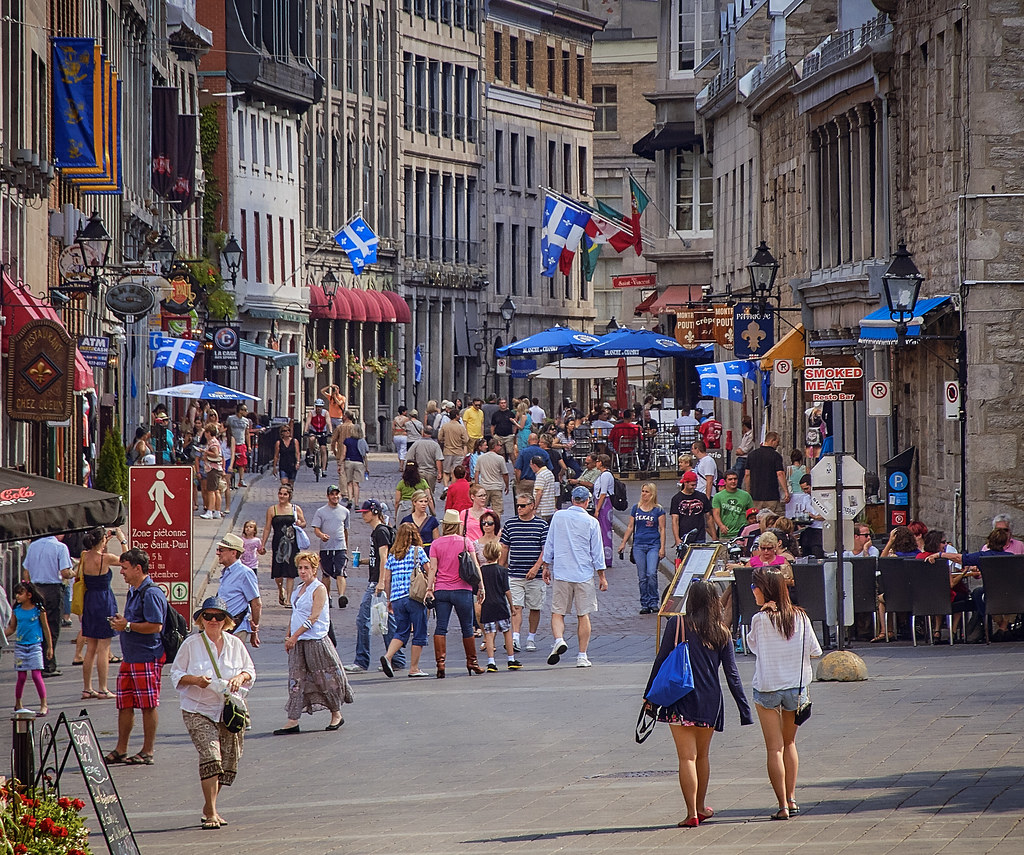
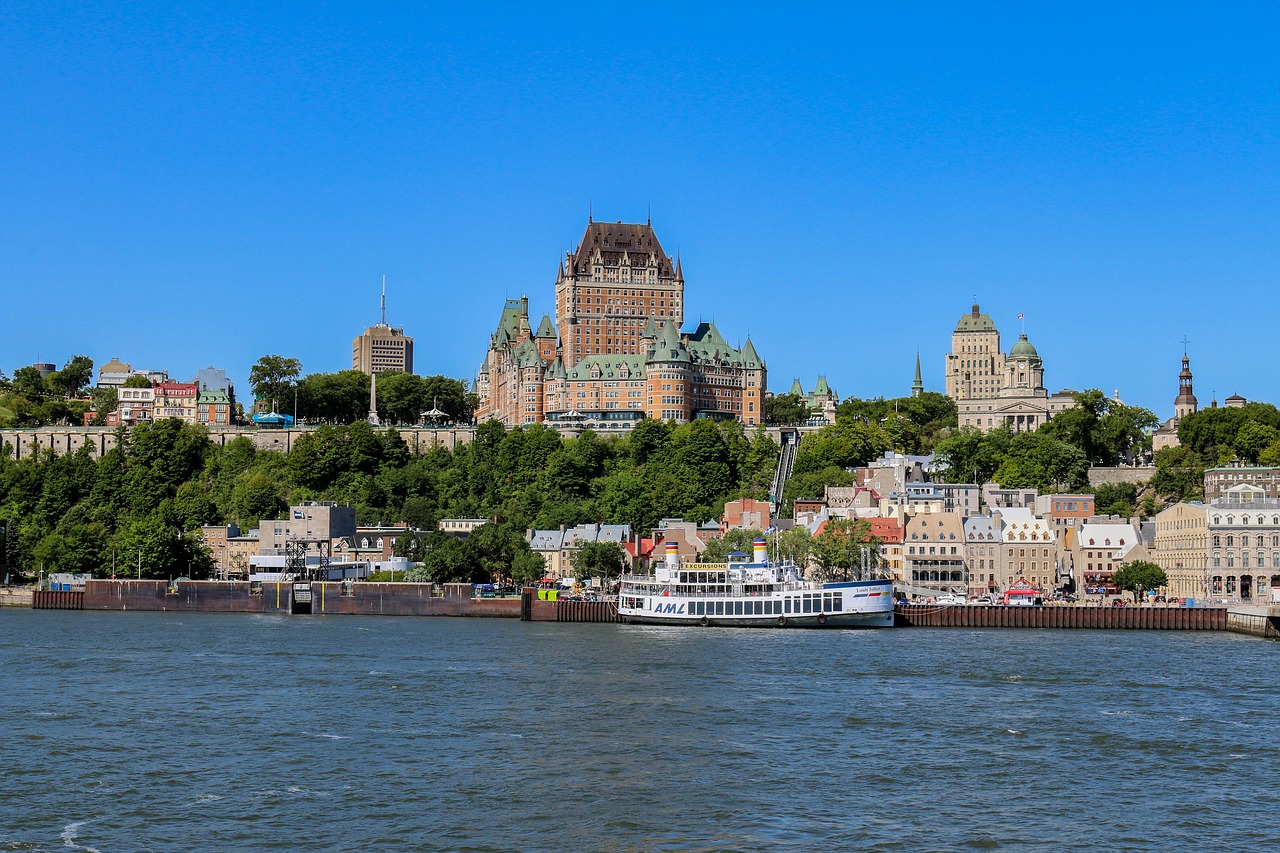
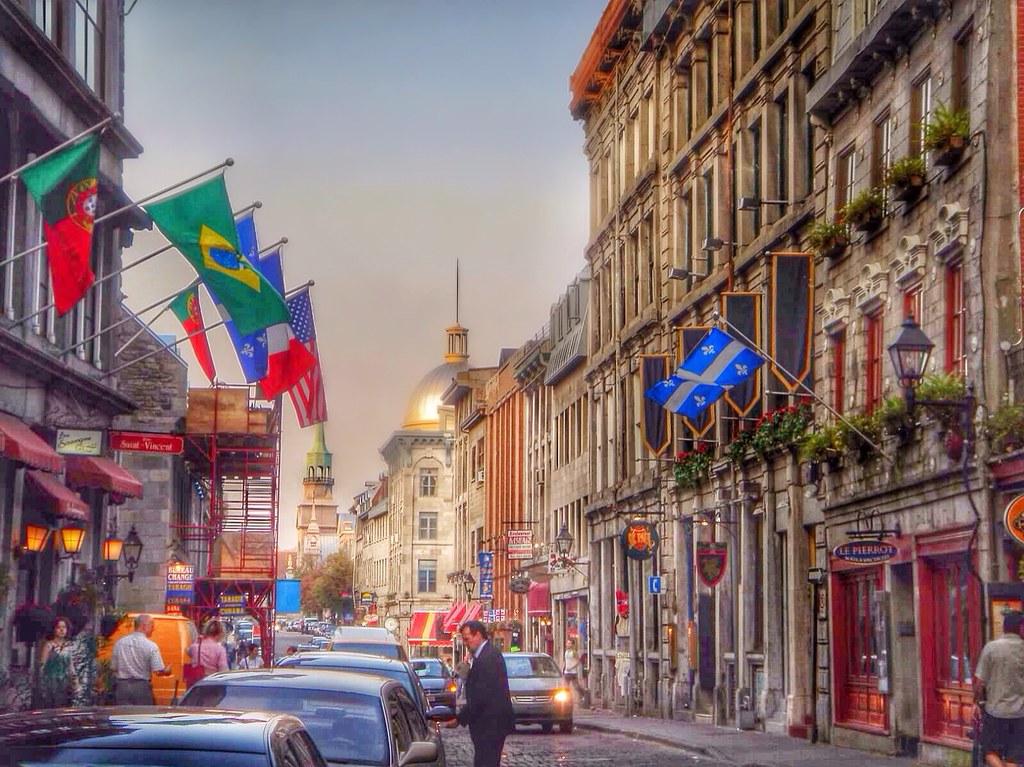
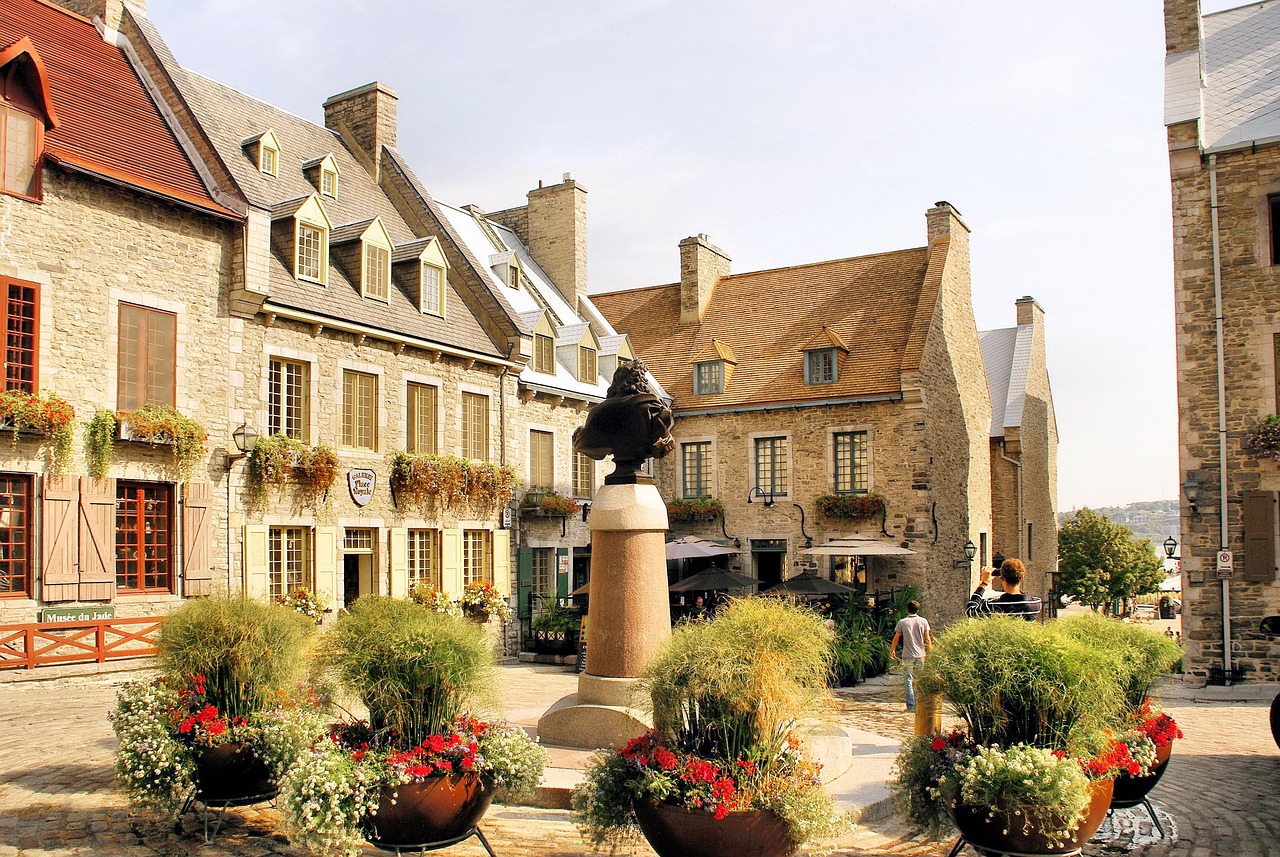
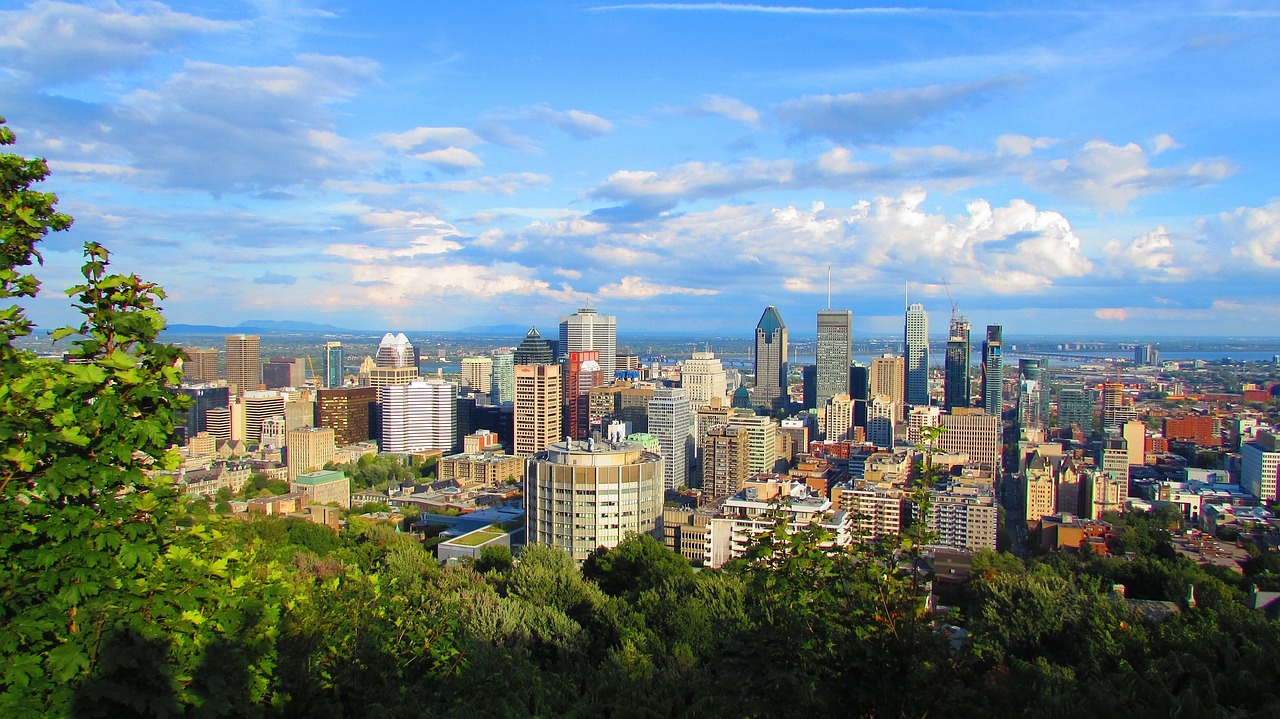



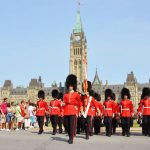




















Post Comment
You must be logged in to post a comment.